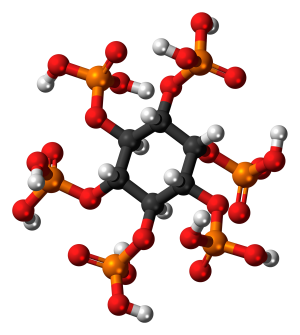As I have shared previously, an incredibly effective anti-cancer strategy involves an all-out assault on every facet of the disease and an understanding and implementation of epigenetics. Epigenetics is essentially the impact our environment has on our immune system and overall health, and it is now recognized by the scientific community as responsible for more than 90% of chronic diseases, including cancer. Add to the mix Kelly Turner’s book, Radical Remission, in which she points to nine key factors that were common to thousands of patients she interviewed who all seemed to miraculously heal from stage 4, terminal cancer and you have the recipe for cancer prevention and cure. Kelly’s nine factors are; 1.) radical diet change, 2.) take control of your health, 3.) follow your intuition, 4.) herbs and supplements, 5.) release suppressed emotions, 6.) increase positive emotions, 7.) embrace social support, 8.) deepen your spirituality, and 9.) have strong reasons to live. Notice that these all can be considered environmental or lifestyle factors and I will have more to say about all of them in future posts. For now, I will share with you a supplement that popped up during my research that should be considered as an additional arrow in the quiver against cancer………..phytic acid, or IP6.
Enjoy!
Anti-cancer activity of the cell membrane-permeable phytic acid prodrug – PubMed (nih.gov)
“Phytic acid (IP6) is an ingredient in cereals and legumes, and limited amounts of this compound are considered to enter the cell and exert anti-cancer effects. Pro-IP6 is a useful biological tool and may lead to the development of new anti-cancer drugs.”
“Conclusions: There is a large body of animal evidence to show that phytic acid may have a role in both the prevention and treatment of many forms of cancer.”
IP6: a novel anti-cancer agent – PubMed (nih.gov)
“A striking anti-cancer action of IP6 has been demonstrated both in vivo and in vitro, which is based on the hypotheses that exogenously administered IP6 may be internalized, dephosphorylated to IP(1-5), and inhibit cell growth.”
Please feel free to leave any comments or questions on our “Let’s Talk” page.



